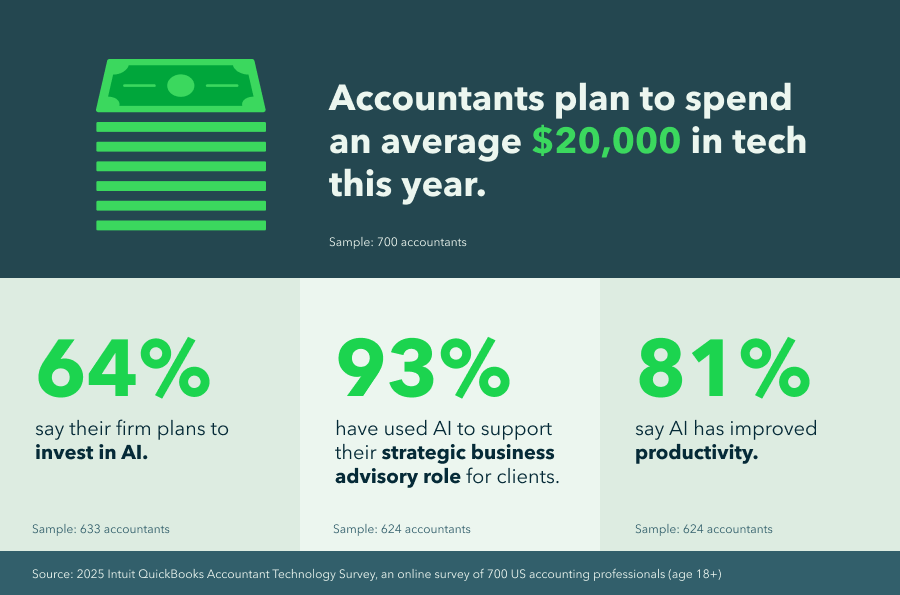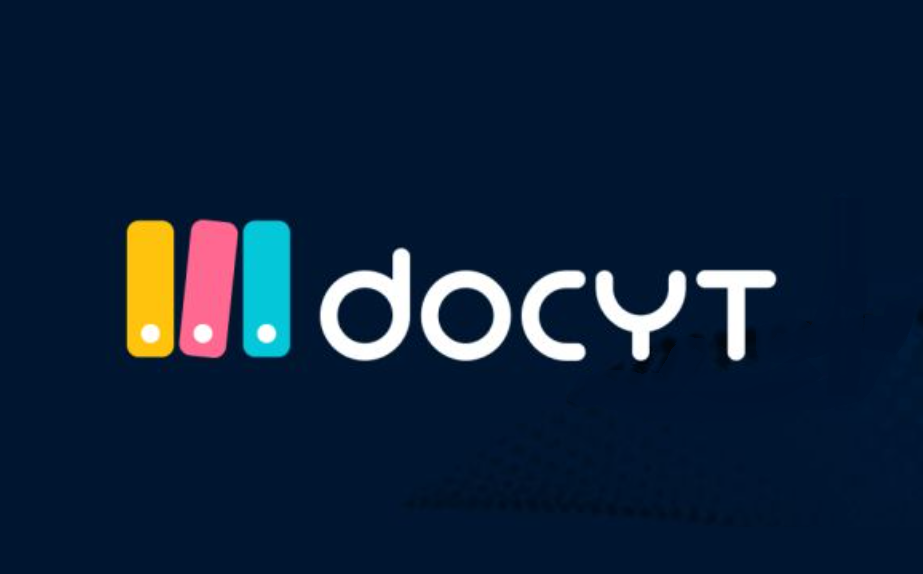When you’re creating a policy for artificial intelligence-supported thought leadership content at your accounting firm, it’s time to reflect on ethics, regulations, and the privacy of data, Amy Frushour Kelly, manager of publishing and editorial at top 20 firm EisnerAmper, said during the 2023 Association for Accounting Marketing (AAM) Emerge Virtual Conference on Oct. 4.

“You want to be unique and maintain authenticity, and you also need to hang on to that personal bond between you and clients, prospects, or whoever does read what your firm is writing” she said.
Who needs to be involved?
Frushour Kelly recommends a multidisciplinary approach:
- Marketing and whoever is directly involved with creating and approving the thought leadership content.
- IT can tell you what tools are already in place for this purpose, and what security measures are in place. “Basically, IT is your friend, and you’re going to want them along with you at every single step of the process,” she said.
- Review periodically with legal counsel because IP and ethics questions come up on a near daily basis.
- Human resources so they make sure people understand that the AI content policy applies to your firm’s blog posts “but not necessarily the email about Jessica’s baby shower,” she said.
- Make sure your firm’s marketing reps are aware of the expectations.
- Finally, roll out the policy firmwide and then make training available so everyone is on the same page, regardless of whether they contribute now. “You want to make sure they’re aware sometime down the road if they do decide to contribute,” Frushour Kelly said.
Critical features of AI policies and guidelines for thought leadership content
Oversight: By that Frushour Kelly means “meaningful human involvement,” such as manual review, fact checking, or verifying the content for originality.
Clear boundaries: An explicit statement of acceptable practices that allows your firm the benefit of included exceptions and reasonable experimentation.
“You’re also making it clear that the use of AI is linked to a specific benefit,” she said.
Transparency, disclosure, and accountability: Your firm bears responsibility for the accuracy, fairness, and originality of your thought leadership content, and clearly labeling substantially AI-generated content and images speaks to your integrity and will set you apart from firms that don’t, Frushour Kelly said.
Privacy and confidentiality: Because trust is foundational to the accounting profession, “explicitly state compliance with privacy laws, and prohibit your contributors and your staff from entering anything into open-source, generative AI systems that constitutes a trade secret or belongs to third parties,” she said.
Adaptability: Technology is constantly changing so leave room for growth, leave room for updates, and leave room for revisions.
Understand copyright and human authorship
Who owns it? Human writing is independently created with original thought and execution, so if you want your firm’s thought leadership content to be copyrightable, it can’t have AI assistance in its creative expression, Frushour Kelly said.
“According to the U.S. Copyright Office, this includes situations where an AI technology is developed such that it generates material autonomously without human involvement,” she said. “But you can use it for topic research, keywords, title suggestions, and for outlines. This is all totally acceptable as of right now.”
Stay on top of it
Your AI content policy is going to need to adapt with the technology: And there’s a phenomenal rate of change right now, Frushour Kelly said.
“You and your AI team, whether the AI team is just you or you and a few people or you and a huge team, should make a continuous effort to learn about AI tool availability and capability. So, subscribe to The AI Exchange, the Marketing AI Institute, join the AAM AI Circle—they’re all great resources,” she added.
Don’t be too hard on yourself: You don’t need to be a technological genius in order to use AI tools.
Assume there will be increased expectation—not demand—of AI content versus human-authored content: As AI-produced content floods the internet, genuine human content will be recognized for being far more valuable.
“As you create your policy, which again needs to be extremely adaptable, remember that human thought equals human integrity, so readers are going to actively seek out words written by real people—and there’s no substitute for human expertise,” Frushour Kelly said.
Thanks for reading CPA Practice Advisor!
Subscribe Already registered? Log In
Need more information? Read the FAQs




